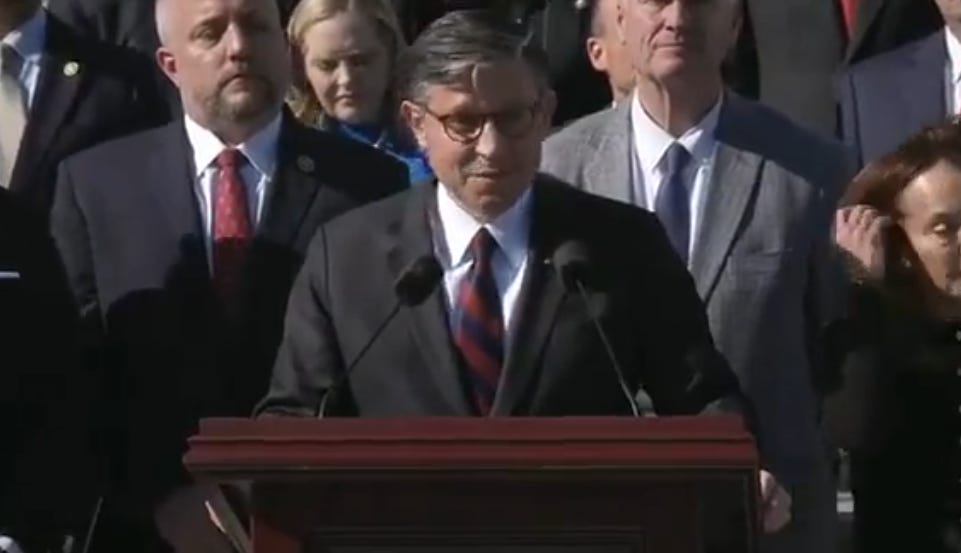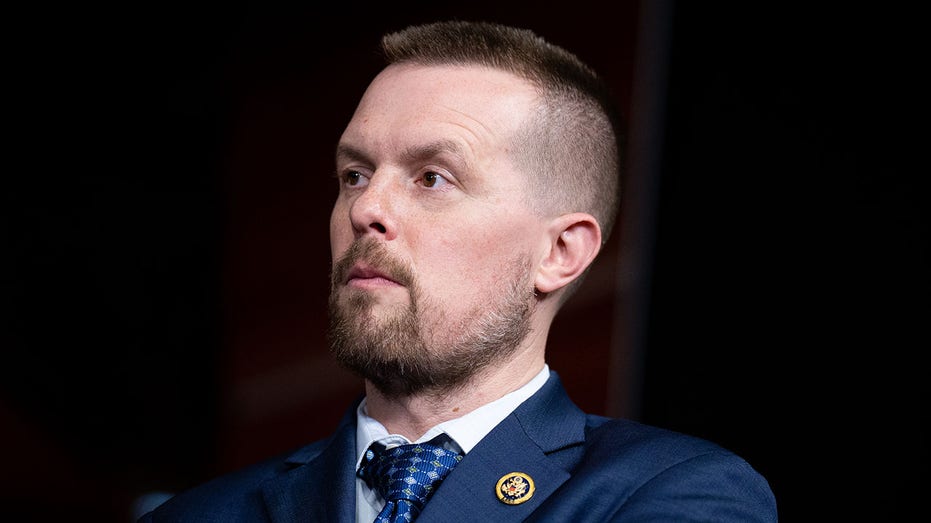Minneapolis has re-elected Jacob Frey as its mayor, securing him a third term in a closely watched and fiercely contested race. The victory came after a complex ranked-choice voting process, pitting Frey against a field of fifteen candidates, including state Senator Omar Fateh.
Initial results on Tuesday night showed Frey with a comfortable lead, approximately ten percentage points ahead of Fateh, but falling short of the crucial 50%-plus-one majority needed to avoid further rounds of tabulation. Minneapolis’s unique voting system then kicked in, systematically eliminating candidates with the fewest votes and redistributing their supporters’ subsequent choices.
Fateh, along with Reverend DeWayne Davis and businessman Jazz Hampton, had attempted a strategic alliance, urging their supporters to prioritize each other in their rankings – deliberately excluding Frey. This effort aimed to consolidate opposition and unseat the incumbent, but ultimately proved unsuccessful.

The campaign was marked by increasingly pointed rhetoric and scrutiny of the candidates’ backgrounds. Fateh faced criticism for past statements made on the Minnesota Senate floor, where he asserted that his “white Republican colleagues” resembled terrorists.
This comment led to an ethics complaint alleging a violation of the Senate’s code of conduct. Further controversy arose from footage circulating online showing Fateh at a rally, waving a foreign flag and publicly declaring his allegiance to Somalia.
The election’s outcome has been interpreted by some as a rejection of more radical political ideologies within the city. The complex dynamics of Minneapolis politics, combined with the unique ranked-choice system, created a high-stakes battle for the city’s future direction.
As the final votes were tallied, Frey emerged as the clear winner, navigating a crowded field and overcoming the coordinated challenge from his opponents. The result signals a continuation of his leadership and a reaffirmation of the city’s current political course.




